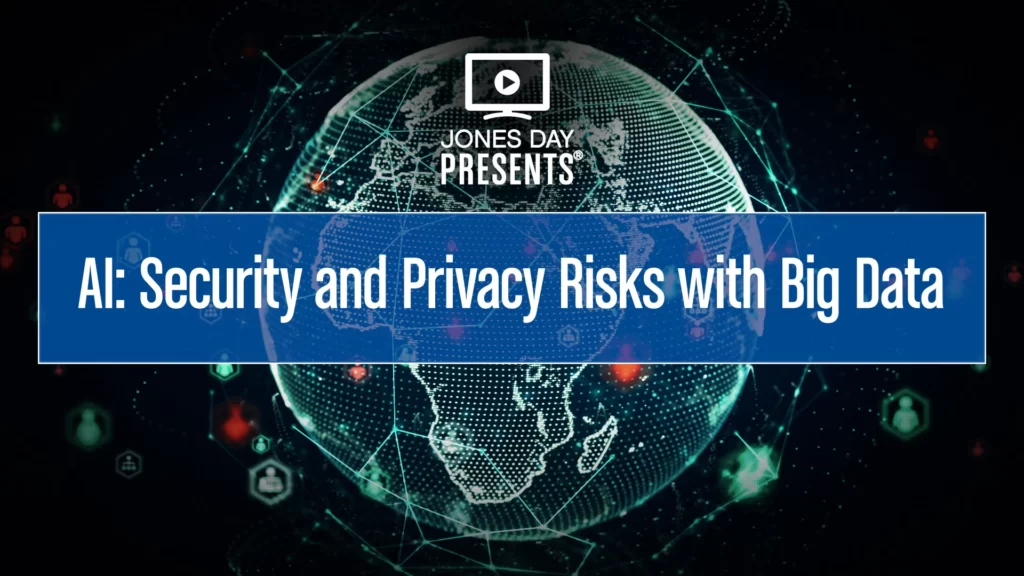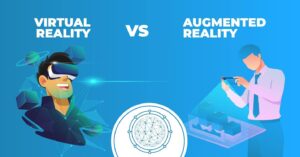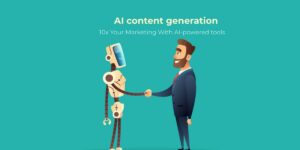How Nowadays AI Can Be Dangerous for Privacy

In the age of rapid technological advancement, artificial intelligence (AI) has emerged as a powerful force with the potential to reshape various aspects of our lives. While AI offers many benefits, it also raises significant concerns about privacy. Nowadays, AI can be a double-edged sword, as it poses new and evolving threats to our personal privacy. In this blog, we’ll explore how AI can be dangerous for privacy in today’s world.
Data Collection and Profiling
One of the most prominent ways AI can endanger privacy is through its ability to collect and analyze vast amounts of data. With the proliferation of smart devices and online services, we generate a treasure trove of data every day. AI algorithms are adept at collecting, processing, and profiling individuals based on this data, often without our explicit consent.
Companies and organizations use AI-powered systems to track our online behavior, monitor our preferences, and create detailed profiles of us. This profiling can be used for targeted advertising, but it also has the potential for more insidious purposes, such as discrimination, manipulation, or surveillance.
Facial Recognition and Surveillance
Facial recognition technology is a prime example of AI’s impact on privacy. Governments, law enforcement agencies, and private companies are increasingly using facial recognition systems for identification and surveillance. These systems can track individuals in public spaces without their knowledge or consent, raising concerns about the erosion of anonymity and the potential for abuse.
Misuse of facial recognition technology can lead to privacy violations, false identifications, and chilling effects on free speech and assembly. AI algorithms can make mistakes, and these errors can have serious consequences for innocent individuals.
Predictive Analytics and Privacy
AI-driven predictive analytics can anticipate our behavior and decisions with remarkable accuracy. This capability has implications for privacy, as it can be used to infer sensitive information about individuals. For instance, AI can predict a person’s sexual orientation, health conditions, or political affiliations based on seemingly innocuous data points.

These predictions can be exploited by malicious actors or unscrupulous organizations, potentially leading to discrimination, exclusion, or personal harm. Such invasive profiling and prediction algorithms can infringe on our fundamental right to privacy.
Voice Assistants and Eavesdropping
Voice assistants like Amazon’s Alexa, Google Assistant, and Apple’s Siri have become ubiquitous in our homes. While they offer convenience, they also pose privacy risks. These devices are always listening for their wake words, and they record and store snippets of our conversations.
Although tech companies claim that these recordings are used to improve their AI algorithms, there have been instances of unauthorized access to these recordings, raising concerns about eavesdropping and the potential for sensitive information to be leaked.
Deep fakes and Manipulation
AI-driven deepfake technology has the capability to create highly convincing fake videos and audio recordings. This poses a significant threat to privacy, as it can be used to manipulate and deceive individuals. Deepfake technology can be used for impersonation, spreading misinformation, or fabricating compromising content.
The consequences of deep fake manipulation can be devastating, from reputation damage to blackmail. As AI continues to advance, it becomes increasingly challenging to distinguish between real and manipulated content, making it a potent weapon for privacy invaders.
Conclusion
While AI offers numerous benefits and innovations, it also poses significant dangers to privacy in today’s world. The relentless data collection, profiling, surveillance, predictive analytics, and manipulation capabilities of AI systems can infringe on our fundamental right to privacy. It is crucial for individuals, organizations, and policymakers to address these concerns and strike a balance between harnessing AI’s potential and safeguarding our privacy. Only through thoughtful regulation, responsible use of AI, and informed consent can we mitigate the risks associated with the powerful technology that surrounds us today.






1 thought on “How Nowadays AI Can Be Dangerous for Privacy”